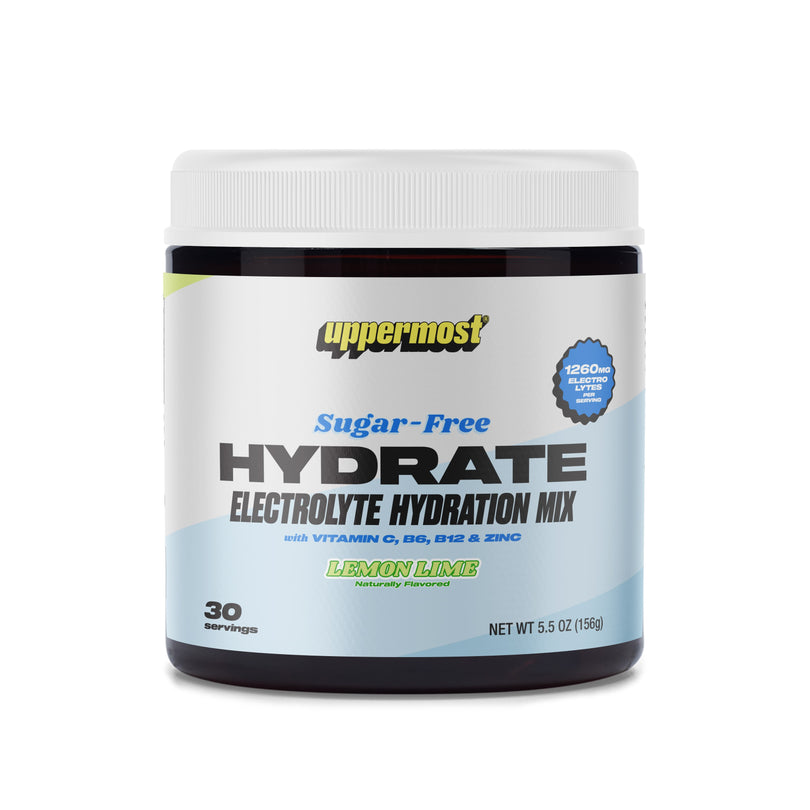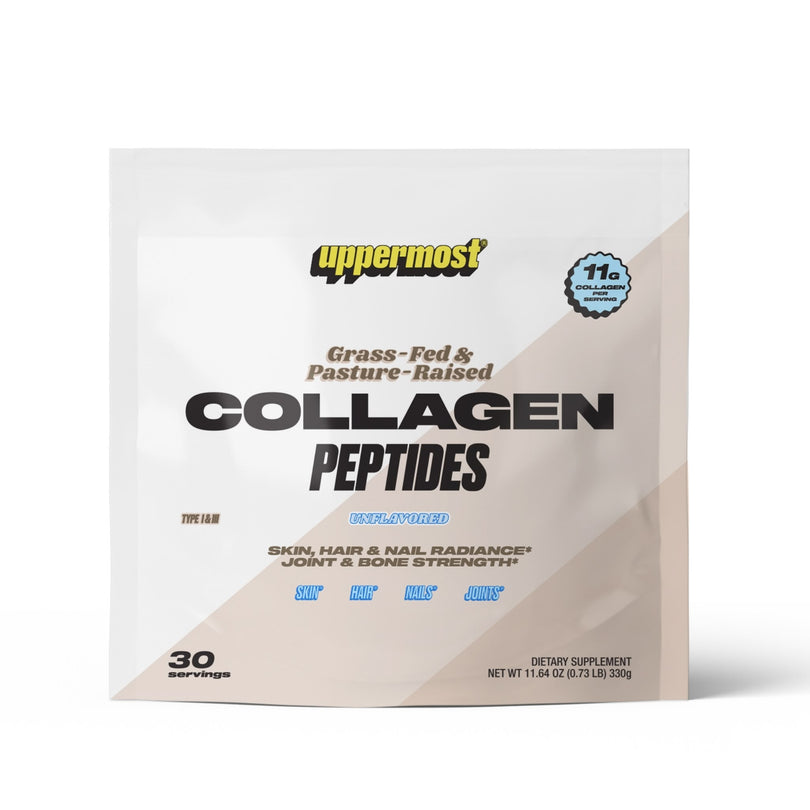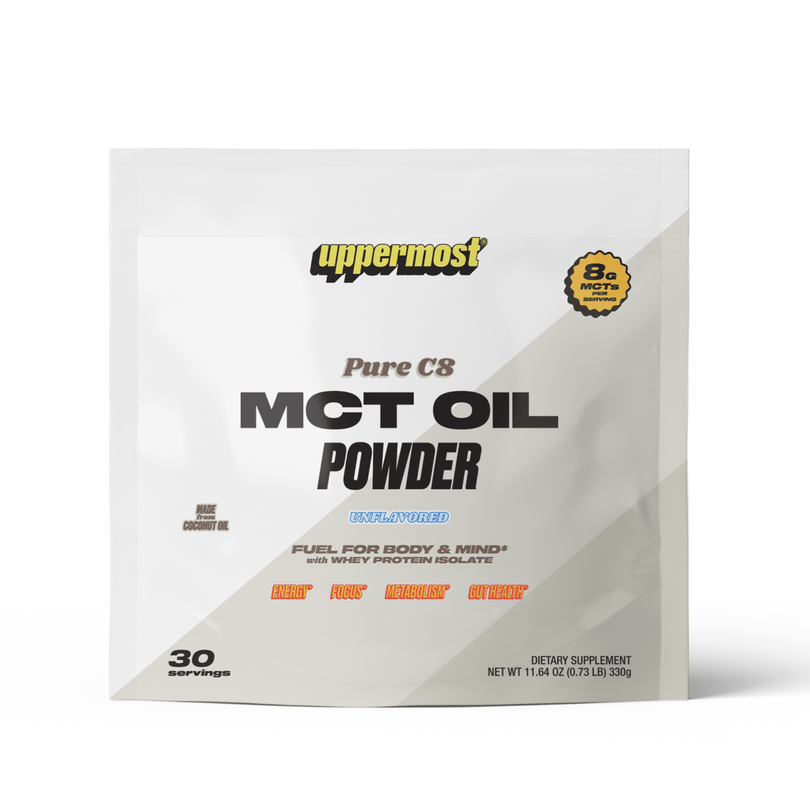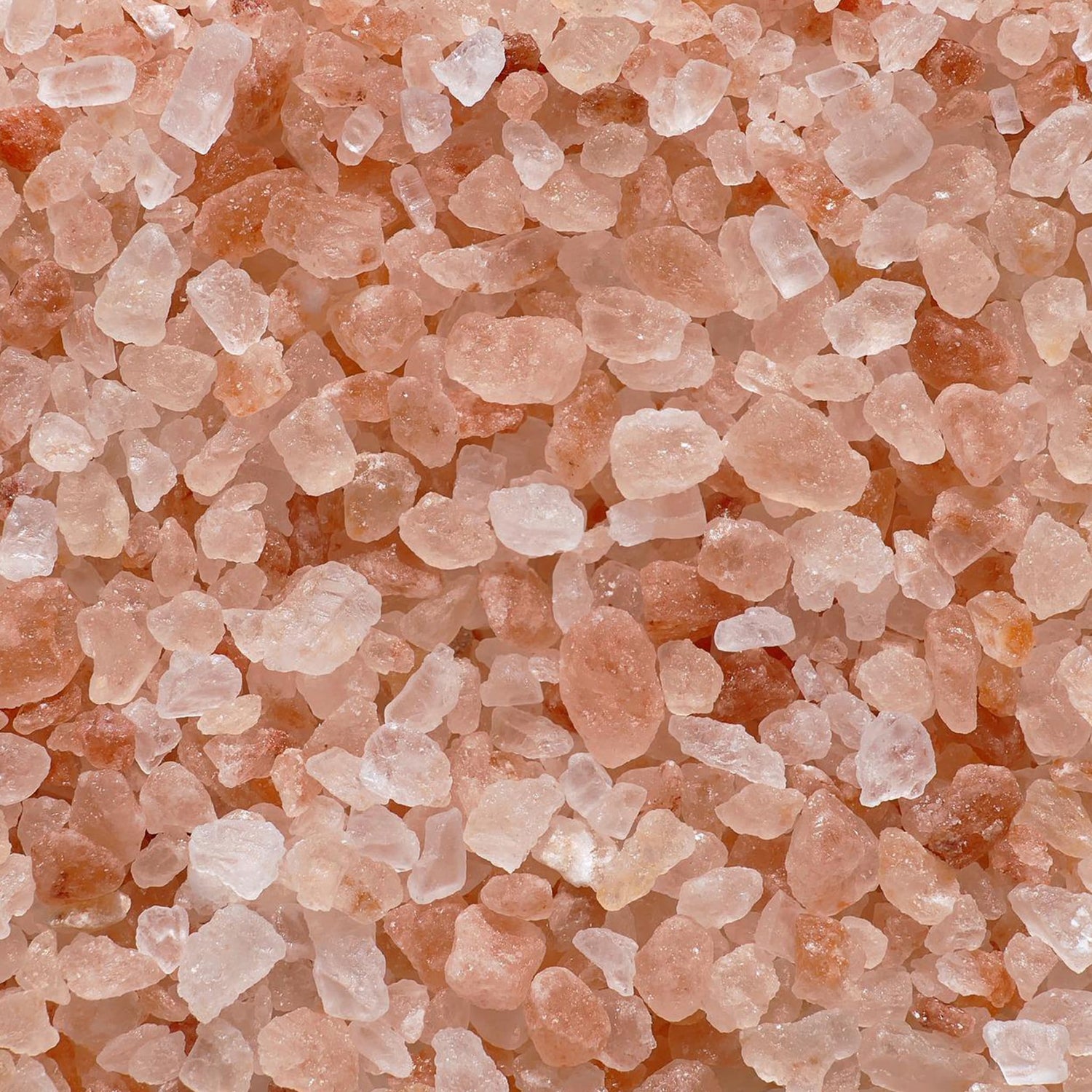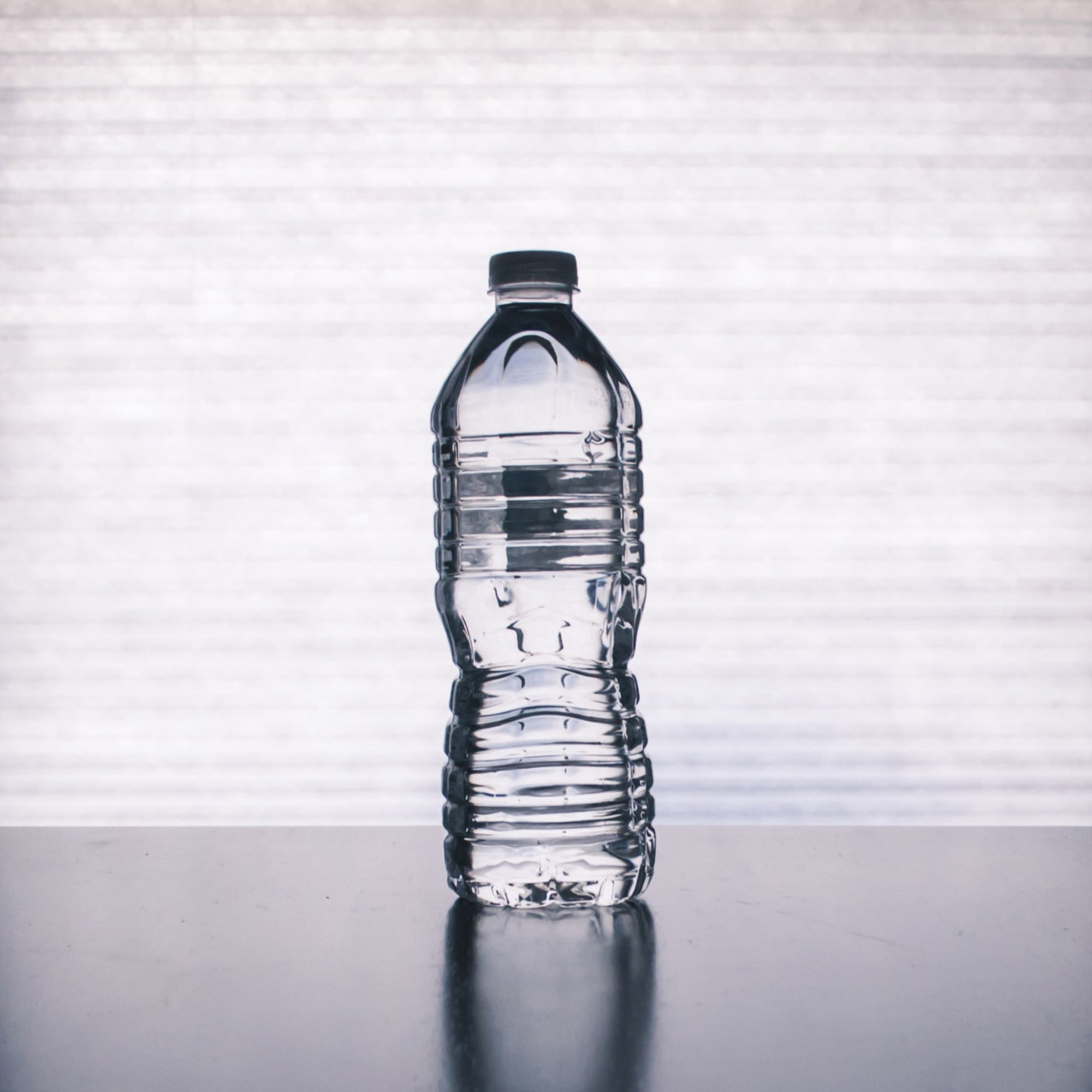For decades, salt has been portrayed as the villain of a healthy diet. We’ve been warned time and time again about the dangers of excessive salt intake, with concerns primarily centered around high blood pressure and heart disease. But as with many dietary trends, things aren’t always so black and white. The truth is, salt is an essential mineral that plays a critical role in our health, especially when it comes to hydration. Contrary to popular belief, reducing salt intake too much can be just as harmful as consuming too much.
In this article, we’ll explore why your body needs more salt, not less, for optimal hydration, energy, and overall health. We’ll also debunk some of the most common myths surrounding salt and explain how to incorporate the right amount of it into your diet safely.
The Importance of Salt in Hydration
Salt, or sodium chloride, is one of the body's key electrolytes. Electrolytes are substances that conduct electricity when dissolved in water, and they are essential for a variety of bodily functions, including muscle contractions, nerve signaling, and fluid balance. Without adequate levels of electrolytes, especially sodium, your body would struggle to function properly.
When we talk about hydration, it’s not just about drinking enough water. While water is essential, maintaining proper hydration is also about retaining the water your body needs and keeping fluids balanced within your cells. This is where salt comes in.
Salt’s Role in Fluid Balance: Sodium, one of the components of salt, plays a crucial role in regulating the balance of fluids both inside and outside of your cells. When you consume salt, it helps the body retain water, which is vital for keeping your blood pressure stable, preventing dehydration, and ensuring that your organs function properly.
Drinking too much water without replenishing sodium can dilute the concentration of sodium in your blood, a condition known as hyponatremia. This can lead to headaches, nausea, fatigue, and, in severe cases, can even be life-threatening. That’s why drinking water alone isn’t enough for hydration—you need the right balance of water and electrolytes.
Debunking the Myth: Salt and High Blood Pressure
One of the biggest reasons why people avoid salt is the long-standing belief that salt directly causes high blood pressure. While it’s true that excessive salt intake can contribute to hypertension in certain individuals, the story is more nuanced than that. The real issue lies in overconsumption of salt combined with a poor diet and lifestyle, not simply salt itself.
The average diet today includes a lot of processed foods, which tend to be loaded with hidden sodium. The salt found in these processed foods is often consumed in excessive quantities, and this can contribute to health issues like high blood pressure. However, for individuals who consume a whole foods-based diet and stay active, increasing salt intake—particularly in situations where you lose a lot of sodium through sweat, such as during exercise—can actually benefit your health.
Understanding Your Sodium Needs: Most people are unaware that their bodies may actually be sodium deficient. This is especially true for athletes, runners, and individuals who engage in physical activities that cause them to sweat a lot. When you sweat, your body loses not only water but also essential minerals, including sodium. If you don’t replenish those electrolytes, you can experience symptoms like muscle cramps, fatigue, and dizziness.
Moreover, some studies have shown that restricting sodium intake too much can have adverse effects, such as increasing insulin resistance and worsening heart health in some people. It's all about finding the right balance and tailoring your sodium intake to your specific lifestyle and needs.
Signs You May Need More Salt
So, how do you know if you’re not getting enough salt? There are several signs that you may need to boost your sodium intake, particularly if you’re active or live in a hot climate. Here are a few key indicators:
-
Frequent muscle cramps or spasms: Muscle cramps are often caused by an electrolyte imbalance, particularly when sodium levels are too low. This is especially common after intense exercise or prolonged physical activity.
-
Chronic fatigue or low energy levels: If you’re feeling sluggish or consistently low on energy, it could be due to an electrolyte imbalance. Sodium helps your body maintain proper fluid levels and supports energy production.
-
Dizziness or lightheadedness: When sodium levels drop too low, blood pressure can also drop, leading to feelings of dizziness or lightheadedness, particularly when standing up quickly.
-
Frequent urination: Sodium helps your body retain water. If you’re constantly running to the bathroom, it may indicate that your body is not properly holding onto fluids.
-
Dry mouth or constant thirst: While thirst is a natural response to dehydration, if you find that no matter how much water you drink, you still feel thirsty, you might be lacking electrolytes, particularly sodium, to help retain the fluids you consume.
How Much Salt Is Enough?
The amount of salt each person needs can vary widely based on factors like activity level, climate, and individual health. For most people, the general recommendation is about 2,300 milligrams of sodium per day, which is roughly equivalent to one teaspoon of table salt. However, for athletes, those who work in hot environments, or people who sweat a lot, this amount may need to be higher to compensate for the sodium lost through sweat.
If you are engaging in strenuous activity or exercise, it can be beneficial to drink an electrolyte solution or add a pinch of sea salt to your water to help maintain proper fluid balance. Foods that are naturally high in sodium, such as pickles, olives, and certain types of cheese, can also be beneficial, especially post-workout.
Choosing the Right Salt and Electrolytes for Hydration
Not all salt is created equal. While table salt is the most common form of sodium chloride, it’s often highly processed and stripped of its trace minerals. For better health, consider using natural salts like sea salt or Himalayan pink salt, which contain a broader spectrum of minerals that are beneficial for hydration and overall health.
In addition to natural salts, hydration can be supported with a high-quality electrolyte drink. Look for electrolyte products that provide a balance of sodium, potassium, and magnesium, without the excessive sugars and artificial ingredients found in many commercial sports drinks.
Conclusion: Embrace Salt for Better Hydration
Salt is not your enemy. In fact, it is one of the most important minerals your body needs to stay hydrated, energized, and functioning at its best. By understanding the critical role salt plays in hydration and fluid balance, you can make more informed decisions about how much salt to include in your diet.
The key takeaway here is balance. Rather than fearing salt, focus on consuming the right amount based on your body’s needs. Especially if you’re active or live in a warm climate, you may need more salt to replenish what’s lost through sweat. Pair this with a high-quality electrolyte drink, and you’ll be on your way to better hydration and overall health.

